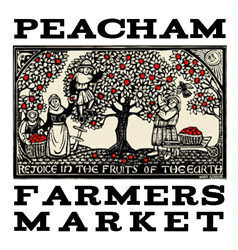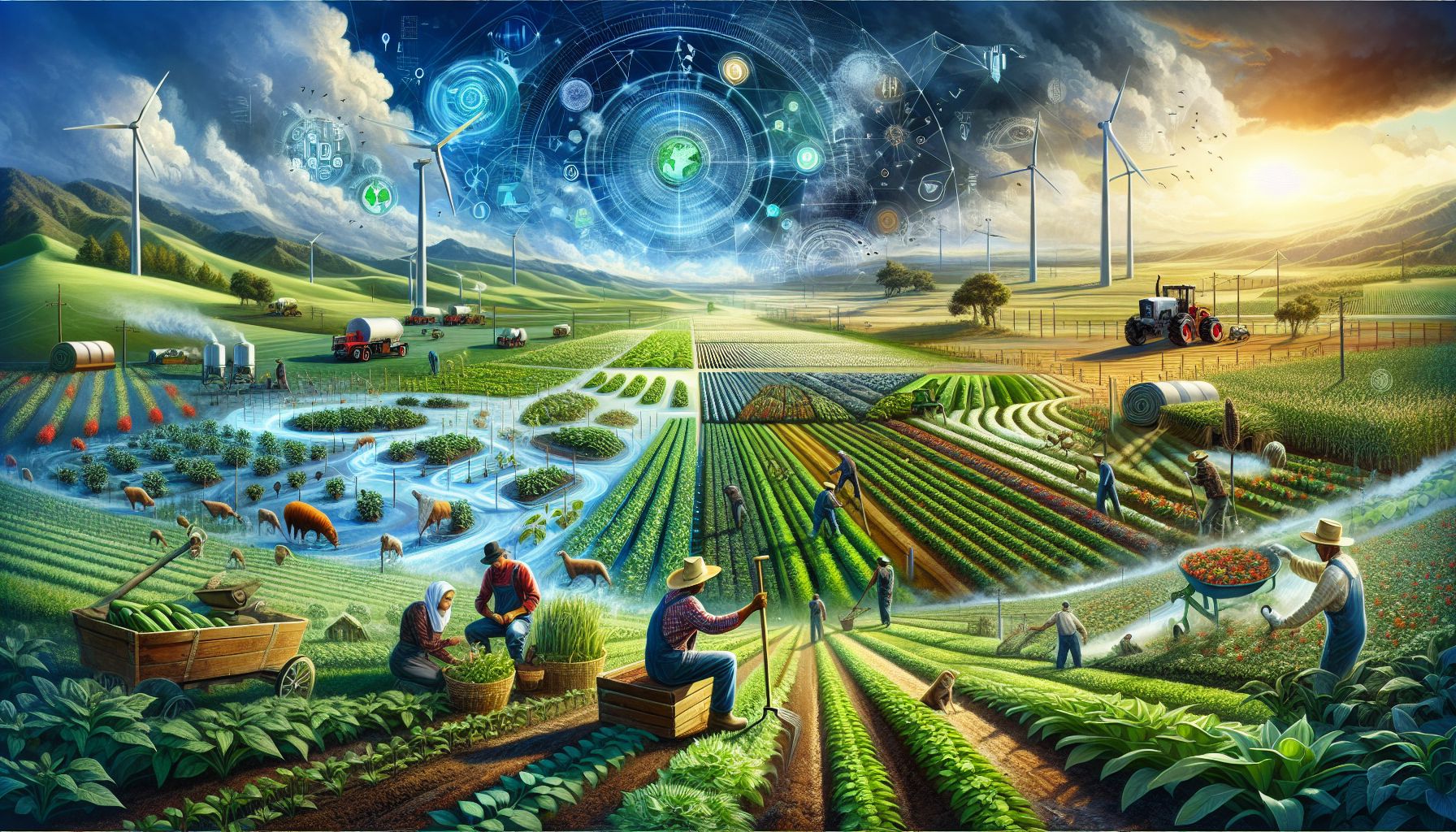Farming is more than just a means of growing crops and raising livestock – it is a way of life, shaping economies and ecosystems around the world. However, with changing global conditions and increasing awareness about sustainability, the agricultural sector is facing new challenges and evolving to adapt to the needs of the present and the future. In this blog post, we will delve into the latest trends in sustainable agriculture, the challenges faced by modern farmers, and the impact of farming on the environment.
Sustainable Farming: Preserving the Land for Future Generations
Sustainable farming, also known as “responsible farming,” is a method of agriculture that focuses on meeting the needs of the present without compromising the ability of future generations to meet their own needs. This means using farming practices that are economically viable, environmentally friendly, and socially responsible.
One of the latest trends in sustainable farming is the use of precision agriculture techniques. This involves gathering data through advanced technology such as GPS tracking, drones, and sensors to analyze crop health, soil conditions, and weather patterns. By using this information, farmers can make more precise decisions about irrigation, fertilization, and pesticide use, reducing waste and increasing efficiency.
Another important aspect of sustainable farming is soil health. Rather than relying on chemical fertilizers, sustainable practices focus on building soil fertility through crop rotation, cover cropping, and the use of organic matter. This not only improves the quality of the soil but also reduces the negative impact on the environment caused by the use of synthetic fertilizers.
The Role of Technology in Agriculture
Technology has played a significant role in shaping modern farming practices. With the use of tractors, irrigation systems, and advanced machinery, farmers are now able to work more efficiently and effectively. However, technology is not just limited to the equipment used on farms – it also includes innovations such as GMOs (genetically modified organisms) and CRISPR technology, which can improve crop yields and make them more resistant to disease and pests.
While technology has undoubtedly brought numerous benefits to the farming industry, it also raises concerns about the potential impact on the environment and human health. For example, the use of GMOs has been a controversial topic, with some arguing that it leads to the loss of biodiversity and poses unknown risks to human health. As we continue to rely on technology to enhance our farming practices, it is important to assess its potential benefits and drawbacks.
Challenges Faced by Modern Farmers
Farming has always been a challenging profession, but with changing climate patterns and the increasing demand for sustainable practices, the job has become even more complex. As farmers strive to feed a growing global population, they also have to deal with extreme weather conditions, water scarcity, and the rise of pests and diseases.
Additionally, farming is not just about producing crops and raising livestock – it is also a business. Like any other business, farmers have to navigate economic challenges, such as fluctuating market prices and the high cost of inputs. This is especially difficult for small-scale farmers, who may not have the resources to invest in new technology and sustainable practices.
The Impact of Farming on the Environment
While farming is essential for providing food and sustaining livelihoods, it also has a significant impact on the environment. One of the most pressing concerns is the emission of greenhouse gases from agriculture, which contributes to climate change. The use of synthetic fertilizers and intensive animal farming also leads to the pollution of waterways and land degradation. However, as discussed earlier, sustainable farming practices can help mitigate these negative impacts and promote more sustainable land management.
Conclusion: The Heart and Soul of Farming
Farming is not just about growing food – it is a way of life, deeply intertwined with the land and the communities that depend on it. With new challenges and growing concerns about sustainability, the farming industry is constantly evolving. By embracing sustainable practices, utilizing technology responsibly, and addressing the challenges faced by farmers, we can create a more resilient and environmentally responsible future of farming.
So, the next time you enjoy a delicious farm-to-table meal, take a moment to appreciate the hard work, dedication, and innovation that goes into every bite. Let us all do our part in supporting responsible farming practices and preserving our planet for future generations.

